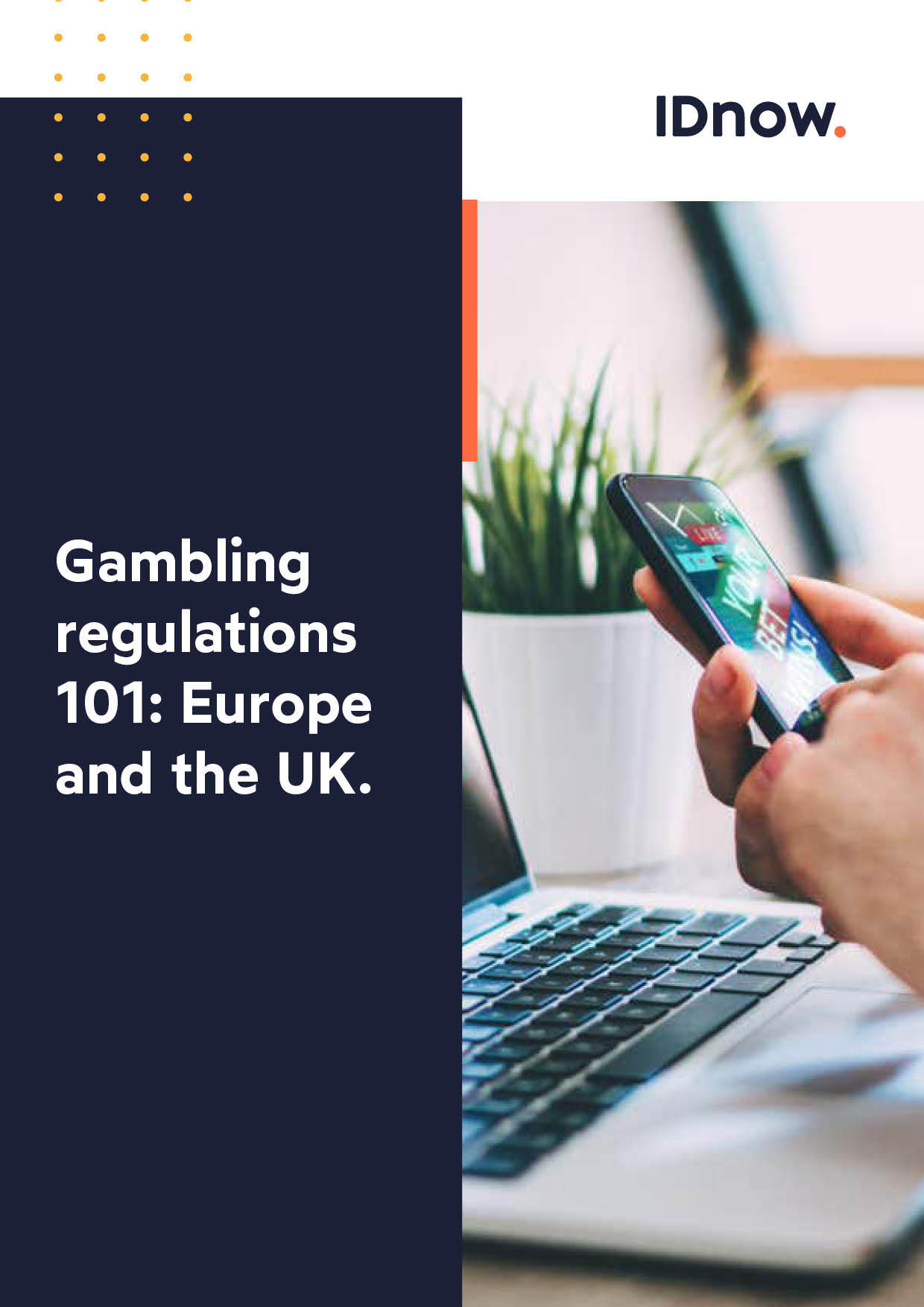What is the Alderney Gambling Control Commission?
The Alderney Gambling Control Commission, or AGCC, was founded in May 2000. Comprising the Chairman and three members, the Commission is non-political and independent. It regulates e-Gambling for the States of Alderney. Put simply, the Commission guarantees that its supervisory and regulatory approach complies with the highest possible global standards.
According to the Commission’s website, the AGCC transmits more e-Gambling traffic than any other region in the world and is much more significant than the combined regulatory activity of its three offshore competitors, i.e., the Isle of Man, Gibraltar, and Malta.
The British Channel Islands are self-governed dependencies of the British Crown; however, they are not part of the UK or the EU. Alderney is among the few white-listed exceptions to the UK Gambling Act of 2005, allowing operators to advertise their services in the United Kingdom.
The Channel Islands are known to be one of the world’s most prominent offshore finance centers and have, in the past years, positioned themselves as e-commerce centers of competence.
Alderney is nearly eight miles from France and sixty miles from the South coast of Great Britain. The region has its governing system, company legislature, and laws and operates with the same insurance, investment, and modern banking laws as Guernsey.
Regulation in iGaming is crucial to safeguard gamblers’ interests and offer them transparent, fair gambling experiences in which their private information and funds are safe. With this at the forefront, the Alderney Gambling Control Commission was founded.
What does the Alderney Gambling Control Commission do?
AGCC’s primary mission is to sustain the integrity and ensure the fairness of online gambling businesses in Alderney. As mentioned, Alderney Gambling Control Commission has been regulating e-Gaming on behalf of Alderney since 2000. The Commission has a practical approach to regulating and licensing all its websites. As such, it has evolved into a reputable gambling authority, providing gamblers with a channel through which they can seek assistance should any issues arise.
The Commission’s official site includes legislation, anti-money laundering resources, counter-terrorist financing, application forms, and fee details.
The AGCC also issues Annual Reports with updates on the regulatory landscape in the region. According to the Commission’s mission statement, its purpose is to guarantee and retain the integrity of e-Gaming activities regulated by the Commission. It also aims to safeguard and enhance the reputation of Alderney as a first-rank regulatory body by ensuring the following:
- All e-Gambling activity is carried out fairly and honestly, in line with good governance.
- The management, funding, and operation of e-Gaming remain free from any criminal influence
- Electronic gambling is monitored and regulated to protect the interests of the vulnerable and the young
- To work alongside other agencies developing e-Gambling activities regulated and monitored by the Commission
Ultimately, the primary purpose of the Alderney Gambling Control Commission is to provide layers of safety, structure, and accountability to establishments providing remote gambling services. As stated, with stringent regulatory standards established by the Commission, many other countries and territories follow AGCC recommendations and acknowledge the significance of their gaming licenses.
How the e-Gambling industry in Alderney has evolved
As the gambling industry expands at a fantastic rate, the Alderney Gambling Control Commission has streamlined and refined its regulations to remain on par with other online gambling hubs.
Over the years, the region has assumed a conservative approach, focusing on stringent regulations over rapid growth. Despite that, the regulatory body has experienced great success in the iGaming industry.
The Commission generated nearly £2 million in profits into the Island region’s bank account in 2021. Compared to the £1.74 million generated in 2020, the profits returned to the contribution level observed in 2019.
The generated profits are put toward the region’s investment plan, economic growth initiatives, and the further development of the online gambling industry.
How does the Alderney Gambling Control Commission collaborate with other regulators and authorities?
To further its causes, the Alderney Gambling Control Commission also has agreements and partnerships with other bodies overseeing gaming regulation, including the Guernsey Police, Credit Bureau, the GFSC (Guernsey Financial Services Commission), and the Guernsey Financial Intelligence Services.
For some context, the Commission works next to Guernsey’s Financial Services Commission and Financial Intelligence Unit to promote and maintain vigorous e-Gambling supervision to reduce the risks of terrorist financing or money laundering and uphold the highest possible ethical standards.
The Commission also employs Dixon Wilson, an accountancy firm based in London specializing in gambling legislature, which Law Officers of the Crown also support in Guernsey for judicial matters.
How to remain in line with the ever-evolving Europan regulations.

How to get an Alderney gambling license?
Obtaining an e-Gambling license from the Alderney Gambling Control Commission is lengthy and complex. This is due to the various safeguards the Commission incorporates to ensure that companies looking to use its license offer safe and fair user experiences and act responsibly. The license application process for the AGCC comprises three stages:
- Stage 1 – Submitting the application form and paying the required deposit. This is when applicant eligibility testing commences. While the licensing is granted during this stage, operations do not begin until Stage 2 is completed
- Stage 2 – Gaming equipment testing
- Stage 3 – ICS approval (Internal Controls Systems). Operations may commence at this point
By law, Alderney license holders are permitted to benefit from the reliable telecommunication networks and hosting facilities on Alderney and Guernsey.
Should the Commission discover that one of its licensees has broken the terms established by the license, it may revoke that license.



